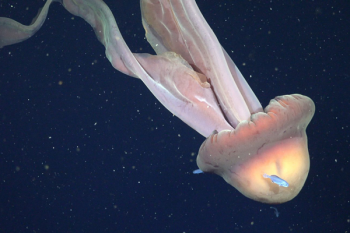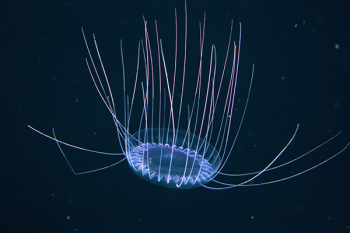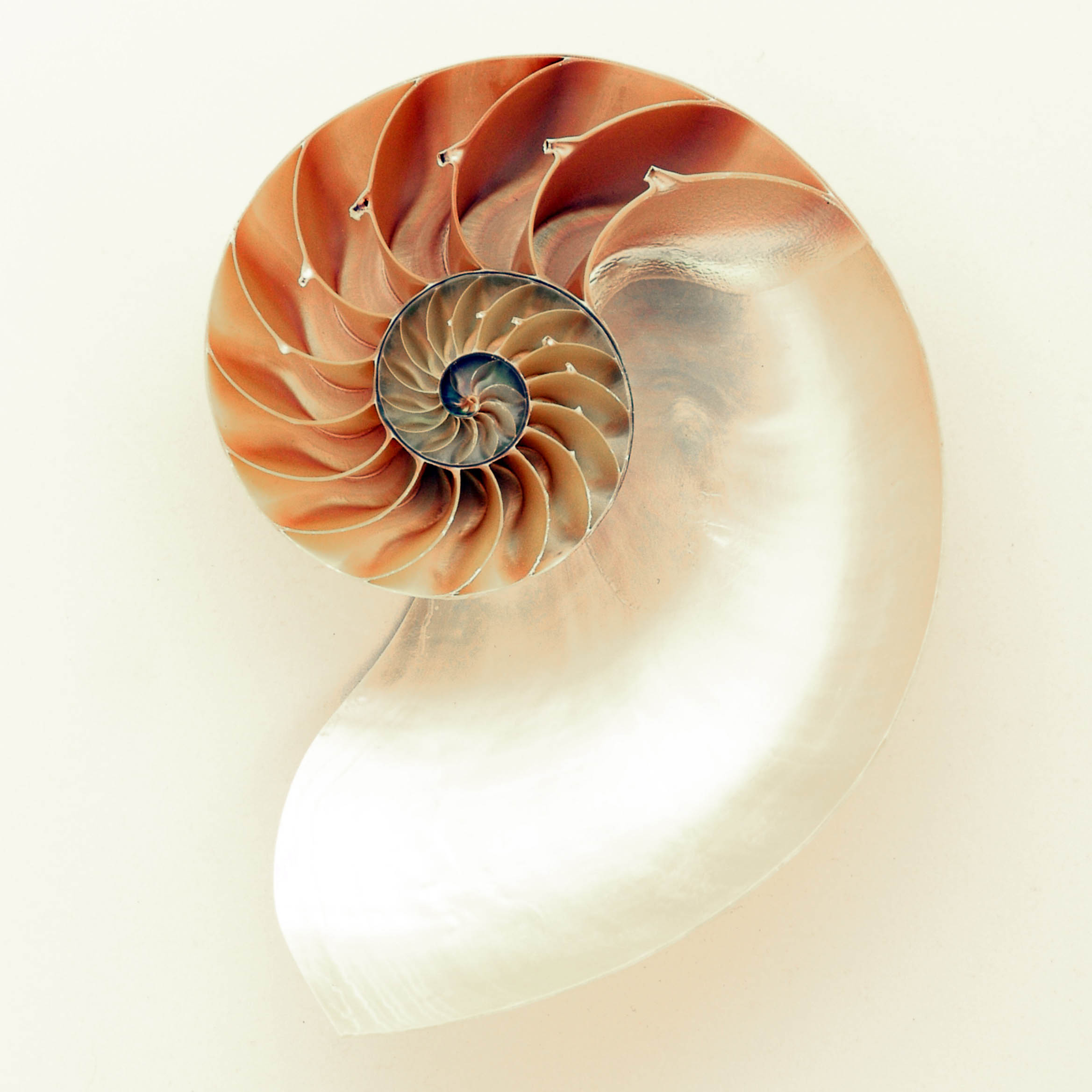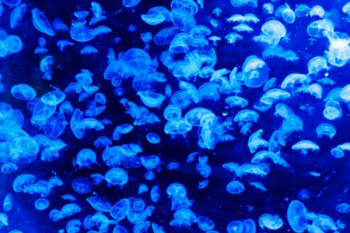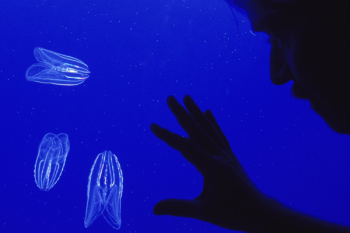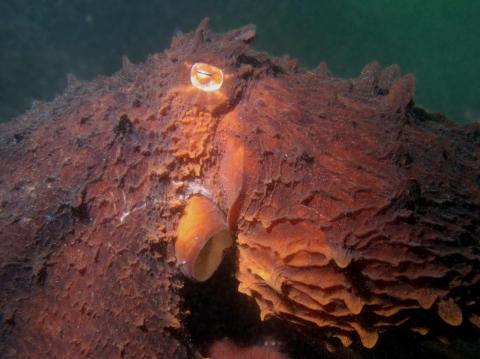
“Brainy, colorful, fast, sophisticated, strange, inspiring – cephalopods have been on the planet for about 500 million years and have fascinated humans for thousands of year.” Octopus, Squid & Cuttlefish: A Visual, Scientific Guide To The Oceans’ Most Advanced Invertebrates.
What is intelligence? A dictionary definition is “ the ability to learn, understand, and make judgements or have opinions based on reason.” Another definition from Johns Hopkins: “intelligence is the ability to solve complex problems or make decisions with outcomes benefiting the actor, and has evolved in lifeforms to adapt to diverse environments for their survival and reproduction.” There is no single scale on which intelligence can be sensibly measured.
Octopuses, of course fit both definitions. And they have some other abilities that we define as intelligence in humans, primates and even our dogs. But it’s a different kind of intelligence. Their body plan and lifestyle require intelligence that is spread throughout their bodies. Cephalopods are soft-bodied animals that use their brains to protect themselves as they don’t have any armor. Because of this they have elaborate sense organs, which means the brain must process lots or information. And their brain-to-body mass ratio is the largest among invertebrates.
Those Arms Have LOT of Neurons!
A common octopus (Octopus vulgaris) has about 500 million neurons in its body. That is a lot by almost any standard and is more than all other invertebrates. Human beings have many more—something nearing 100 billion—but the octopus is in the same range as various mammals.
Most octopuses neurons aren’t inside their brains, they’re in their arms. Their arms independently taste and touch, and control basic motions without input from the brain. Each sucker on an octopus's arm may have 10,000 neurons for taste and touch. “Further, in an octopus, it is not clear where the brain itself begins and ends. The octopus is suffused with nervousness; the body is not a separate thing that is controlled by the brain or nervous system.”, Scientific America.
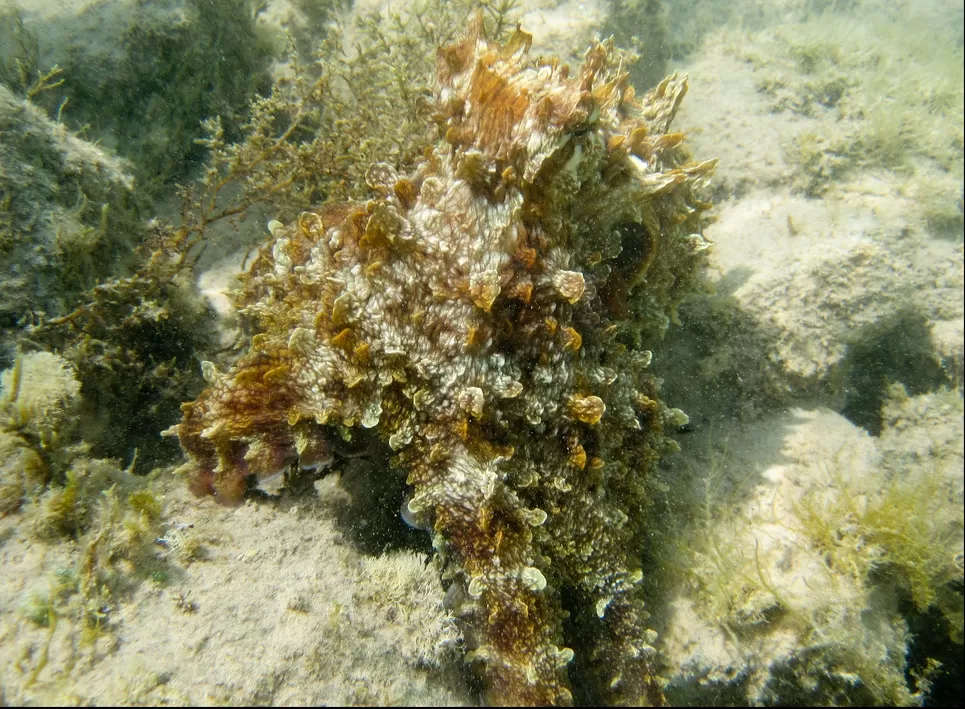
The Advantages of Smart Skin
In addition to having ‘brains in their arms,’ octopuses have a remarkable nervous control over their skin. They are masters of camouflage, using skin color, texturing and patterning to communicate as well as to hide. Using chromatophores and other specialized cells just below the skin, octopus, squid and cuttlefish can change color and pattern. They can shape-shift in almost an instant. They can also change the texture of their skin from smooth to bumpy to warty using papillae scattered over their body. An octopus can disappear in plain sight ‘becoming’ a rock or a piece of seaweed, thus escaping from a predator.
With this large nervous system and ‘smart skin’ octopuses have an extensive repertoire of hunting strategies: ambushing, luring, stalking, pursuit, and hunting in disguise. Their need to locate and capture prey has likely been the driving evolutionary force behind the development of octopus intelligence.
Neuroscientists have long been fascinated with octopus’ abilities. They have found that an octopus will explore objects through play, learn by a system of reward and punishment, track what works and what does not, and have the capacity to recognize individual people. They can learn to unscrew jars to obtain food inside—even unscrewing the lid to escape if they’re inside. They are indeed famous escape artists.
Emotional Intelligence
On a personal level, caretakers say octopuses recognize them and seem to like some people more than others. And many people who work with them say they feel a powerful engagement when they interact with octopuses.
Furthermore, octopuses have been shown to have forms of short and long-term memory. In looking at memory formation and learning, researchers discovered that vertical ‘memory’ lobes in the octopus brain show similar processes for laying down patterns as vertebrates, using similar synaptic transmitters as vertebrates.
Delving into how octopuses evolved to be so smart, researchers have found that octopus brains have become more complex by using a lot more regulatory RNAs (microRNAs) to control gene activity. Just as vertebrates did.
Outsmarting Us
That’s not all that’s extraordinary about octopus’ genes: “octopuses and their relatives—the coleoid cephalopods (octopus, squid and cuttlefish)—practice a type of genetic alteration called RNA editing that’s very rare in the rest of the animal kingdom. They use it to fine-tune the information encoded by their genes without altering the genes themselves. And they do so extensively, to a far greater degree than any other animal group.”, The Atlantic. It happens most in gene coding for neurons. The smart cephalopods are the only animals to do this. We know that humans and monkeys do not.
The question isn’t why cephalopods are unique in embracing RNA editing, but why nothing else has to the same extent.
Read our news about octopus smarts.
Science Friday has a lesson plan about cephalopod papillae
Listen to a podcast for kids about cephalopods
